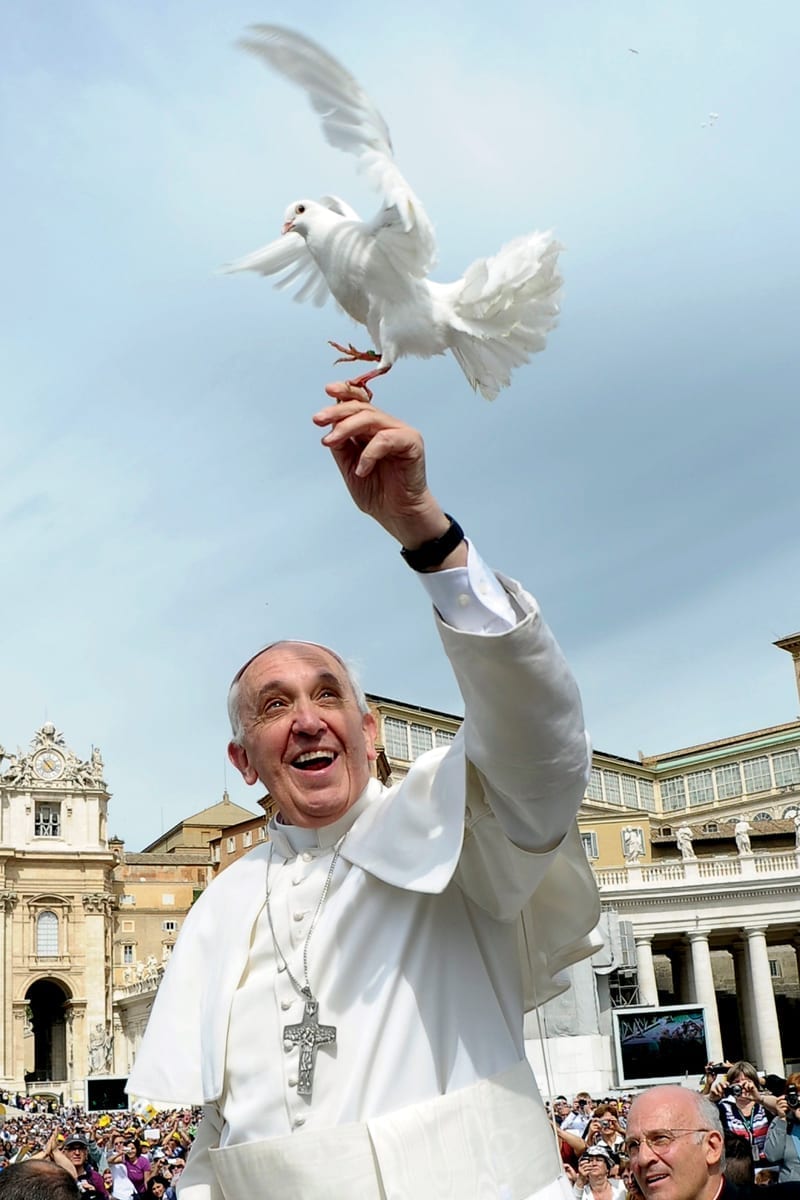Pope Francis, the first Jesuit to ascend to the papacy, has brought a unique perspective and leadership style shaped by his deep roots within the Society of Jesus. His pontificate reflects not only the spiritual traditions of the Catholic Church but also the practical and missionary approach characteristic of Jesuits. Understanding Pope Francis requires delving into the history and ethos of the Jesuits, an order known for its commitment to education, social justice, and spiritual discernment.
The Jesuits, formally known as the Society of Jesus, were founded in 1540 by Saint Ignatius of Loyola. This religious order is renowned for its rigorous intellectual tradition and dedication to serving the marginalized. As a Jesuit himself, Pope Francis embodies these values, emphasizing humility, service, and a focus on the needs of the contemporary world. His leadership offers a lens through which we can explore how the principles of the Jesuits influence modern Catholicism.
Exploring the Role of Jesuits in the Catholic Church
The term Jesuit refers to members of the Society of Jesus, a religious order established in 1540 by Saint Ignatius of Loyola. The Society is known for its emphasis on education, missionary work, and social justice. Jesuits take vows of poverty, chastity, and obedience, and are often recognized for their adaptability and intellectual rigor. These qualities have made them influential figures in the Catholic Church and beyond.
Pope Francis, the Catholic Church's 266th pontiff, marked a historic moment when he became the first Jesuit pope. His election was significant because it represented a shift towards a more pastoral and reform-oriented leadership style. As a Jesuit, Pope Francis brings a distinctive worldview that prioritizes compassion, simplicity, and engagement with global issues such as poverty and climate change.
Despite their contributions, Jesuits have sometimes faced suspicion within the Church due to their independent spirit and innovative approaches. However, under Pope Francis's guidance, the Jesuits continue to play a vital role in shaping the future direction of the Catholic Church, balancing tradition with progress.
Pope Francis: From Priesthood to Papacy
Pope Francis's journey began when he was ordained as a Catholic priest in 1969. During this period, he immersed himself in the teachings and practices of the Jesuits, further solidifying his commitment to their ideals. From 1973 to 1979, he served as the Jesuit provincial superior in Argentina, where he demonstrated strong leadership skills while addressing complex challenges facing the Church in Latin America.
In 1998, he became the archbishop of Buenos Aires, a position that allowed him to expand his influence and implement reforms aimed at revitalizing the local Church. His tenure was marked by efforts to reach out to the poor and marginalized communities, reflecting the Jesuit principle of finding God in all things. Through these experiences, Pope Francis honed his ability to connect with people from diverse backgrounds.
When elected pope in 2013, Pope Francis carried forward his Jesuit heritage, advocating for a Church that is merciful, inclusive, and actively engaged in addressing societal injustices. His vision aligns closely with the mission of the Jesuits, who seek to serve others through education, advocacy, and spiritual guidance.
Jesuits: Practicality Meets Spirituality
Although Jesuits take solemn vows of poverty, chastity, and obedience, they are often perceived as pragmatic and adaptable individuals capable of navigating complex situations effectively. Historically, this practical mindset has occasionally drawn criticism from those who prefer rigid adherence to traditional doctrines. Nevertheless, the Jesuits' flexibility enables them to address pressing concerns within both the Church and society at large.
Pope Francis exemplifies this blend of spirituality and pragmatism in his approach to governance. By recognizing past mistakes related to clerical abuse and implementing measures to prevent future occurrences, he demonstrates accountability and transparency. Such actions underscore his commitment to fostering trust and healing within the global Catholic community.
As head of the Society of Jesus, Pope Francis encourages ongoing dialogue about potential criticisms and areas for improvement. This openness reflects the Jesuit value of continuous learning and self-reflection, ensuring that the Church remains relevant and responsive to evolving needs.
Understanding the Identity of a Jesuit Pope
Even after assuming the papal office, Pope Francis retains his identity as a Jesuit. However, upon becoming a bishop, he ceased being subject to any Jesuit superior, thereby assuming direct responsibility for leading the universal Church. This transition highlights the dual nature of his role—as both a spiritual leader and administrator committed to upholding the principles of the Jesuits.
Questions regarding whether the Pope remains a Jesuit stem from misunderstandings about the hierarchical structure of religious orders. While Pope Francis no longer reports to a superior within the Society of Jesus, he continues to embody its core tenets in his daily life and decision-making processes. His dedication to serving others and promoting justice serves as a testament to his enduring connection to the Jesuit tradition.
Ultimately, Pope Francis's status as a Jesuit pope enriches the Catholic Church by introducing fresh perspectives rooted in centuries-old wisdom. By embracing innovation alongside fidelity to time-honored values, he inspires hope and renewal among believers worldwide.

